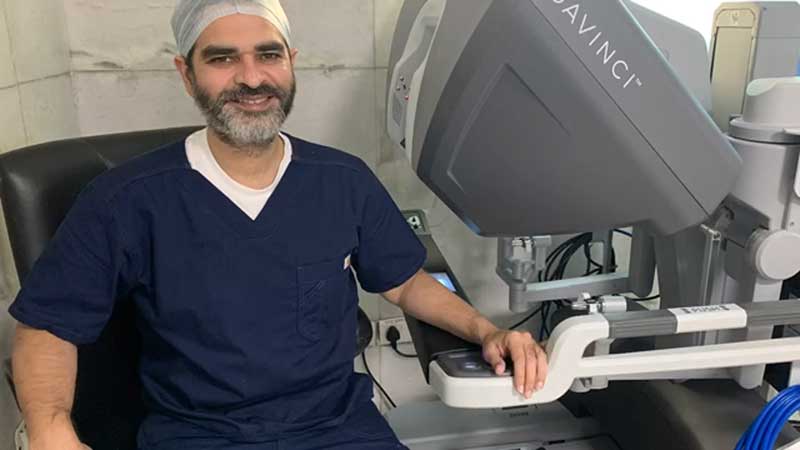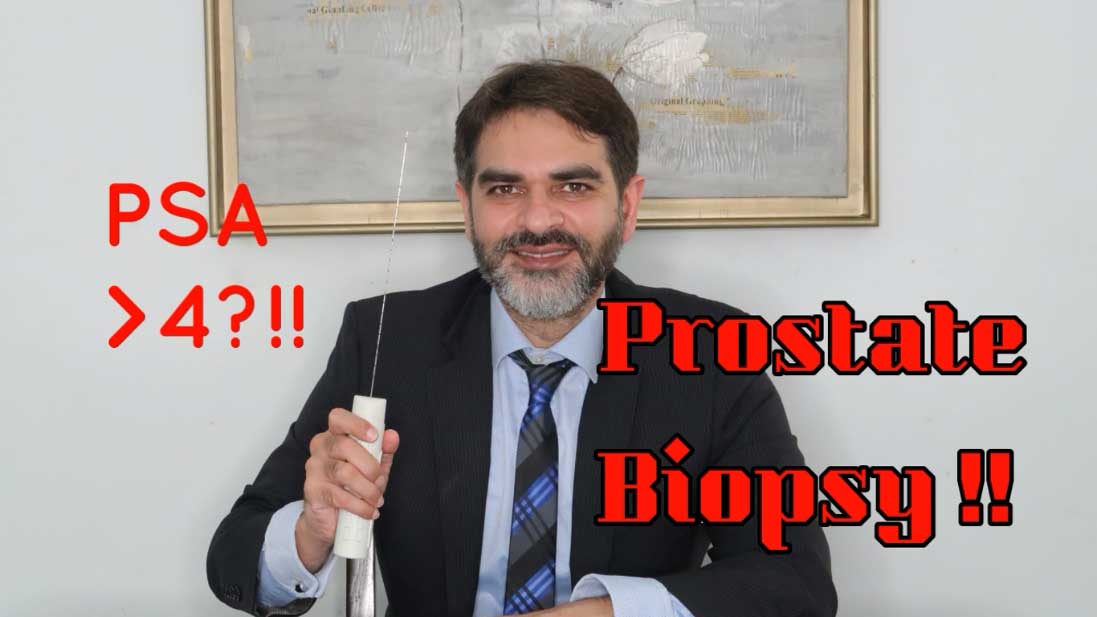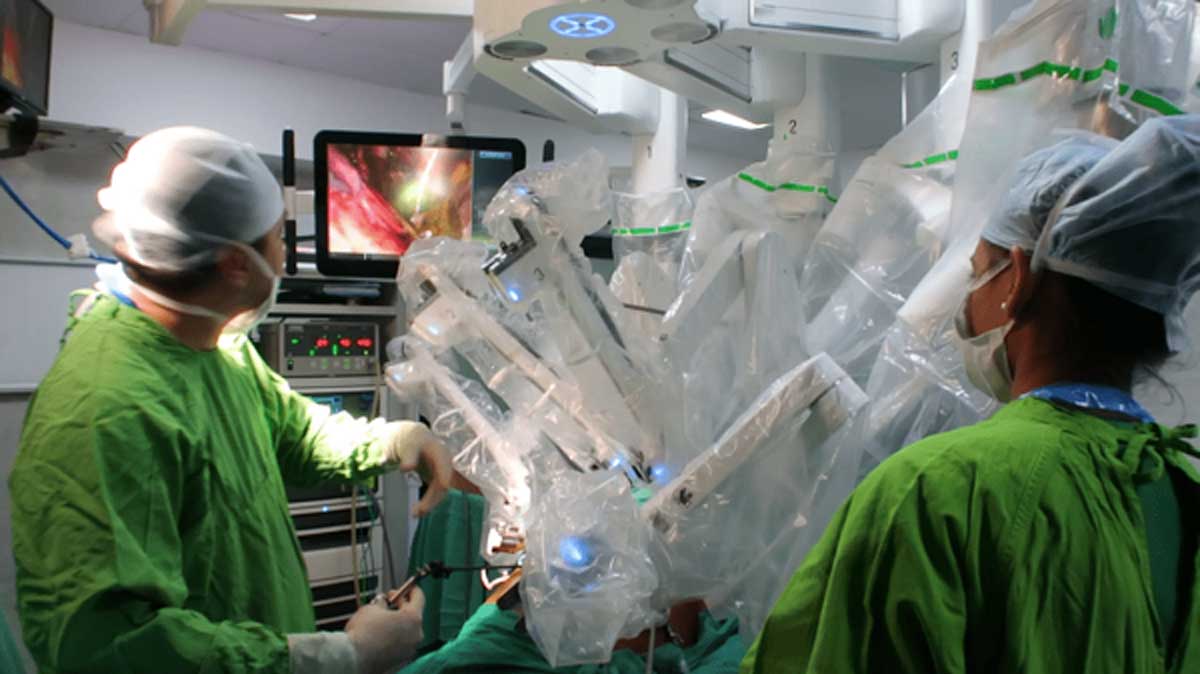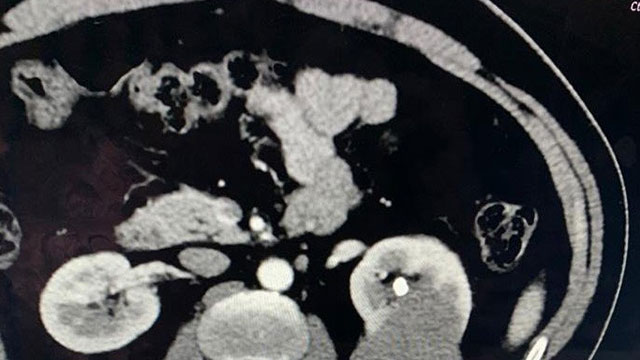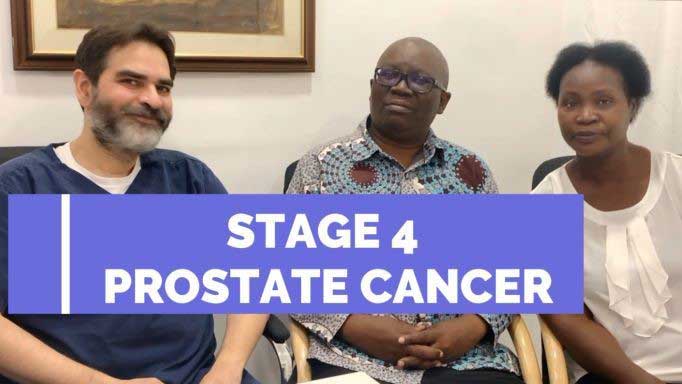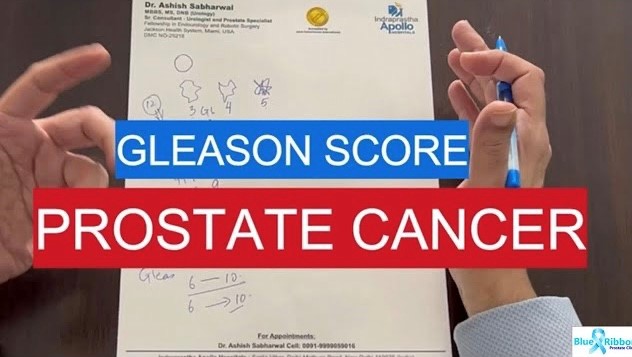kidney Stone treatment in Delhi
Know about kidney stone treatment in Delhi

Which operation is best for kidney stones treatment ?
- Medicines: The small stones ( Up to size of 5 mm) which are stuck up in the urinary passage, can be passed out with the help of medicines and having plenty of water. Sometimes drinking a lot of beer also helps in flushing out the stones.
- Cystoscopy : Big stones in the urinary bladder can be broken down by going into the urine passage with the help of a cystoscope and thebreaking the stone into smaller pieces by Laser. The procedure is called Cystolithotripsy.
- Ureteroscopy or URS or Flexibility Ureteroscopy or RIR : A small camera is passed into the urine passage through the penis. And through this camera, stones up to 1.5 cm in size can be accessed in any part of the urinary passage including the urethra or the bladder or ureter or the kidney. After seeing the stones with the help of the camera, the stone is broken down with the help of Laser, which is passed through the urine passage.
- PCNL: when there are big stones ( stones bigger than 1.5 cm ) inside the kidney: then the best treatment is PCNL. Large stones cannot be taken out completely with the help of laser and fragments might be retained. In the stones the best treatment is PCNL . In this technique, we take out the kidney stones by making a small hole about 10 mm in the back and then through that whole we puncture the kidney and go to the stone. And then break the stone into smaller pieces and take out the smaller pieces using forceps. The smaller pieces are then sent for testing ( i.e. stone analysis).
ESWL or extra corporeal shockwave lithotripsy: In this technology, there is no Surgery and no admission required. The patient does not need anaesthesia and patient can be discharged in a few hours after the procedure. The stone is localised by x-ray and we apply shock waves over the kidney and the shock waves break this stone down into smaller pieces and the smaller pieces pass out easily.
Kidney stones in pregnancy
Often pregnant women from kidney stones because of the change in the urinary chemistry and not drinking adequate water.
The problem in managing kidney stones in pregnant females is that all the procedures for kidney stone treatment require x-ray radiation which is not safe in pregnancy. If the pregnant woman needs treatment for kidney stones the safest period is in the second trimester of pregnancy.
The safest Investigation in a pregnant female will be ultrasound of the kidney. The ultrasound will tell about the swelling in the kidney and if there is a stone in the kidney or in the ureter or in the urinary bladder.
The safest Kidney stone treatment in Delhi in pregnant females are the following options:
- The stent is placed in the kidney so that the obstruction is relieved. But this stent gets encrusted in pregnancy very frequently and usually the stent needs to be changed every 4 to 6 weeks. Also, if this stone does not pass out on its own until pregnancy then patient will need the definitive treatment of the kidney stone treatment after her delivery.
- If it’s a stone which is stuck up in the distal ureter, Then we can do flexible ureteroscopy ( RIRS ) with Laser lithotripsy and break the stone and remove it. Ideally when we do this procedure there should be minimal use of C arm, so that the radiation exposure is least.
How is the recovery after kidney stone laser treatment?
When we do flexible ureteroscopy – Laser lithotripsy, it is a Minimally invasive procedure and has a very quick recovery. There is no cut and there is no hole. There is hardly any pain after the procedure. Patient is shifted to the room immediately after surgery. There is no need for ICU stay. During the hospital stay a catheter is placed for one day. This category is removed next day morning and the patient is discharged within 24 hours. He must rest at home for one or two days and then after that he can start his normal activities. One week after the procedure he can do all the normal activities.
What are the side effects for kidney stone treatment?
RIRS Is the treatment of kidney stones without surgery. By this we mean, there is no open surgery, there is no cut in the tummy . This procedure is done through the natural passage
The two major risks during kidney stone laser treatment are:
- Bleeding: minor bleeding is expected specially after we break the stone. We give medicines and encourage patient to have plenty of water after the procedure so that the bleeding settles. Massive bleeding is exceedingly rare.
- Infection: we take all precautions to prevent infection during the stone surgery but sometimes infection can occur because the stones themselves are carrying bacteria and when we break the stone the bacteria are dispersed into the bloodstream.
- Stent dysuria: After the stone surgery, we always place a stent in the kidney. This is the DJ Stent which is placed from the kidney up to the unary bladder. Since the lower part of the stent is in the urinary bladder, it irritates the urinary bladder and patients get constant urge to pass urine. When they pass urine, they can have pain which sometimes radiates to the back. Mild degree of stent dysuria is common, and we give medicines to control it. In severe cases, the problem is controlled by removing the stent early. Normally after the stone surgery, we keep the DJ stent inside the kidney for 3 to 4 weeks. But patients who are having severe Stent dysuria, in those cases, the DJ stent can be removed as early as 3 to 4 days after the procedure.
What is the kidney stone Laser treatment cost in Delhi?
The cost of kidney stone laser treatment ranges from Rs.30,000 onwards and the exact cost depends on the size and location of the kidney stone inside the kidney and which method of kidney stone removal that we use.
Most of the private insurance cover the cost of kidney stone surgery, either fully or partly. For kidney stones treatment to be reimbursed by the TPA or for cashless facility, the insurance should be at least two years old and, in some cases, at least three years old.
After the stone treatment, a DJ stents placed in the kidney and the cost of DJ Stent removal is separate and never part of the package. Cost of DJ Stent Removal is Rs.10,000 onwards/-

